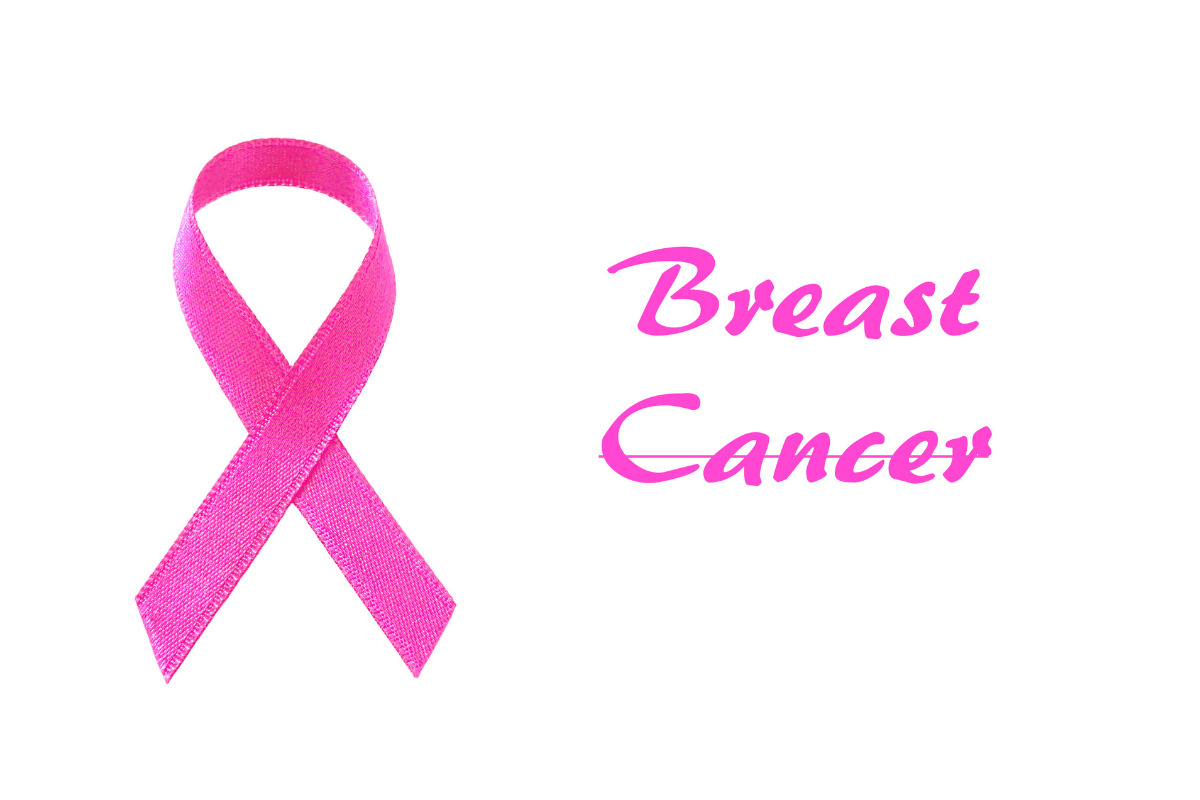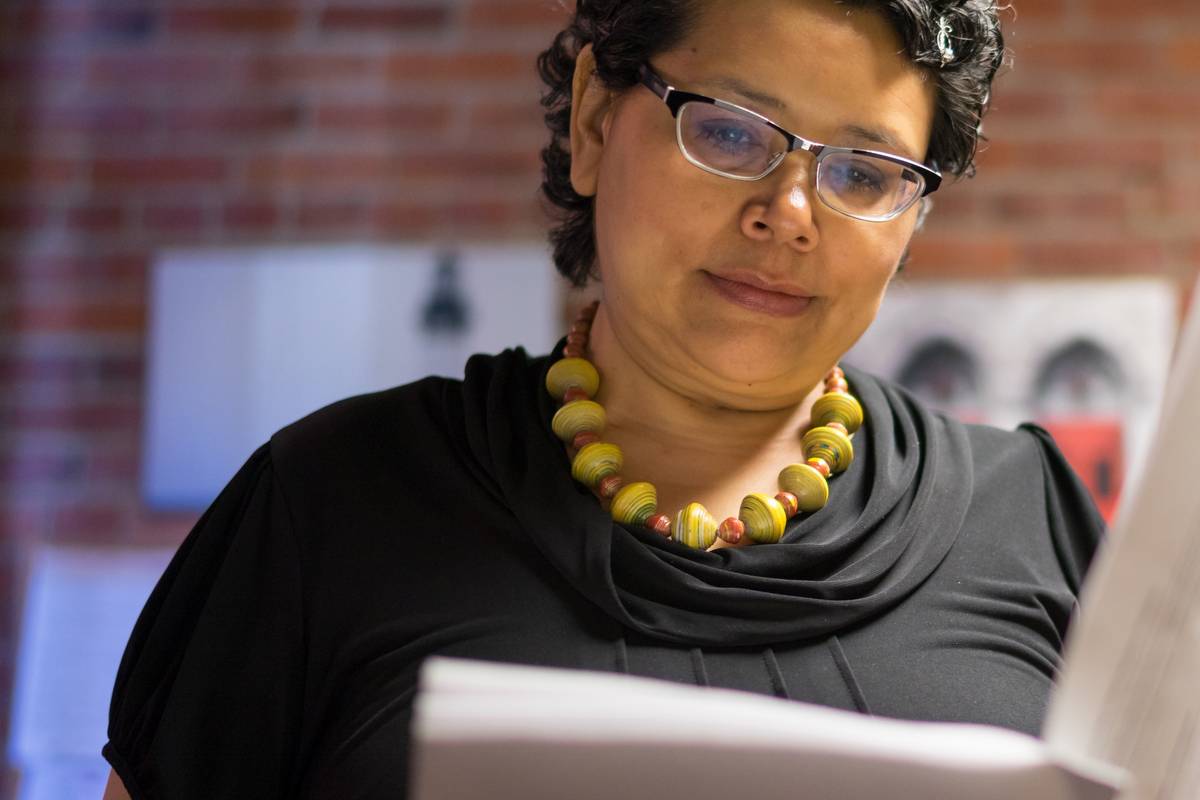Whether short-term or long-term, acting as someone’s primary caregiver requires time, money, emotional stamina, physical stamina, and mental wherewithal to make critical decisions regarding medical treatments.
And, when you’re devoting so much of yourself and your life to a role, it’s no exaggeration to say that eventually, that role becomes your lifestyle.
If you’re looking for a way to alleviate the burden of family caregiving, read on! In this article, we’ll discuss the different types of caregiving lifestyles you may fall into, caregiving as a career, and how you can get paid to be a caregiver.
Caregiving as a Lifestyle
According to a study conducted on family care, caregivers can be categorized into five distinct groups of care: compressed generational, broad generational, intensive parent care, career care, and serial care.
Each group represents a different lifestyle. The lifestyles are based on the number of care patients, the age at which one first becomes a caregiver, the length of the caregiving, and the exhaustion of the caregiver’s abilities due to overlaps.
Compressed and broad generational care:
Compressed and broad generational care are the two most common forms of caregiving, according to Fast et al.’s study. These two categories of caregiving involve caring for a family member or close relative and start during the middle to a late period of one’s life. Compressed and broad generational care run for shorter periods of time, with an average of 4-14 years.
Caregivers who fall under these two categories generally care for an aging and/or ailing parent. According to www.caregiver.org, nearly 85% of caregivers care for a loved one, 42% of which for older parents.
Intensive parent care, career care, and serial care:
Caregivers who have taken on intensive parent care, career care, or serial care, constitute the smallest population of caregivers but are overcome with the largest stresses of caregiving.
These caregivers take on the burden earlier in life, between the ages of 30-50, and labor for the longest duration, 10-30 years.
On average 40% of caregivers are classified as being in “high-burden” situations, with the financial encumbrance ranging from $7,000 to $12,000 a year.

Caregiving as a Career
If you fall under one of the five categories of lifestyle caregiving, it might be time to turn your caregiving into a career, and get paid for the work you already do! Become a professional home care aide, and get paid to take care of aging parents and grandparents.
At AmeriBest Home Care, we understand the burdens involved with caring for a loved one. And, how those burdens can often get in the way of good caregiving. That’s why we do all that we can to create a stress-free, enjoyable experience for our caregivers.
When you sign on with AmeriBest, we’ll provide you with professional training, health insurance, dental, vision, life insurance, holiday pay, overtime pay, sick days, 401k, PTS, and competitive pay.
With AmeriBest Home Care, caregiving isn’t just another stressful obligation, it’s a wonderful and meaningful career.
Give us a call today at (215) 925-3313 or 1800-HOMECARE (for PA residents).






